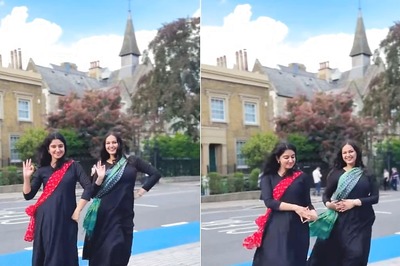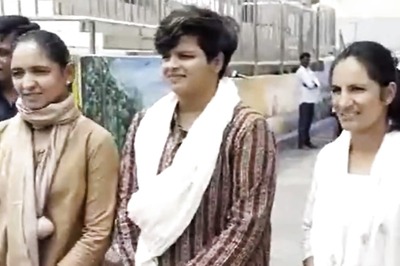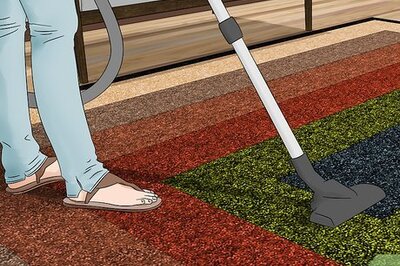
views
In recent decades, a notable transformation has swept through family structures worldwide, particularly in India, where the traditional joint family system has gradually given way to nuclear households. This shift, while indicative of societal evolution, poses both challenges and opportunities for familial dynamics, particularly in promoting health and harmony across generations.
The statistics speak volumes: by 2022, nuclear families had risen to constitute 50% of households in India, a significant increase from 34% in 2008. However, amidst this evolution, the ingrained value of the joint family structure endures, underscoring the importance of intergenerational interactions in shaping familial bonds. In this changing landscape, intentional efforts from each family member are essential to maintain both physical and emotional well-being.
Dr. Prateek Bhardwaj, from Vesta Elder Care, sheds light on the growing concern surrounding the health of the aging population. He emphasizes the need for specialized care, especially in the face of shifting lifestyles and the challenges of balancing professional obligations with caregiving responsibilities. Dr. Bhardwaj advocates for the utilization of highly qualified caregivers and technological solutions to ensure the elderly receive the support they need while aging gracefully within the comfort of their homes.
Dr. Yamuna B S, Chief Doctor at Guduchi Ayurveda, brings an Ayurvedic perspective to the discourse on family health. She underscores the holistic approach of Ayurveda, which not only addresses physical ailments but also emphasizes harmony and balance among all family members. Dr. Yamuna advocates for personalized wellness routines tailored to each individual’s unique constitution, promoting vitality through dietary habits, daily routines, and herbal remedies. Additionally, Ayurveda encourages shared activities that strengthen familial bonds, fostering a supportive environment across generations.
Dr. Urvi Ashani, R&D Head at BabyOrgano, highlights the evolving caregiving practices within multi-generational families. She notes the transition from traditional methods to modern lifestyles and the consequent demand for comprehensive health and natural products, particularly concerning children’s well-being. Dr. Ashani emphasizes the importance of companies prioritizing sustainability and wellness by offering organic and chemical-free solutions, aligning with families’ evolving values.
The growth of multi-generational homes signifies a significant paradigm shift in familial dynamics, presenting both challenges and opportunities. However, amidst these changes, the essence of family unity and mutual growth remains resilient. By prioritizing health, happiness, and mutual progress, families can navigate this evolving landscape with strength and resilience. Multi-generational homes offer a nurturing environment where elders’ wisdom is valued, youth’s enthusiasm is nourished, and a culture of empathy and mutual understanding thrives.
In conclusion, nurturing health and harmony within multi-generational families requires a concerted effort from each member, drawing on both traditional wisdom and modern solutions. By embracing change with resilience and prioritizing the well-being of every family member, multi-generational households can continue to thrive in today’s dynamic world.



















Comments
0 comment